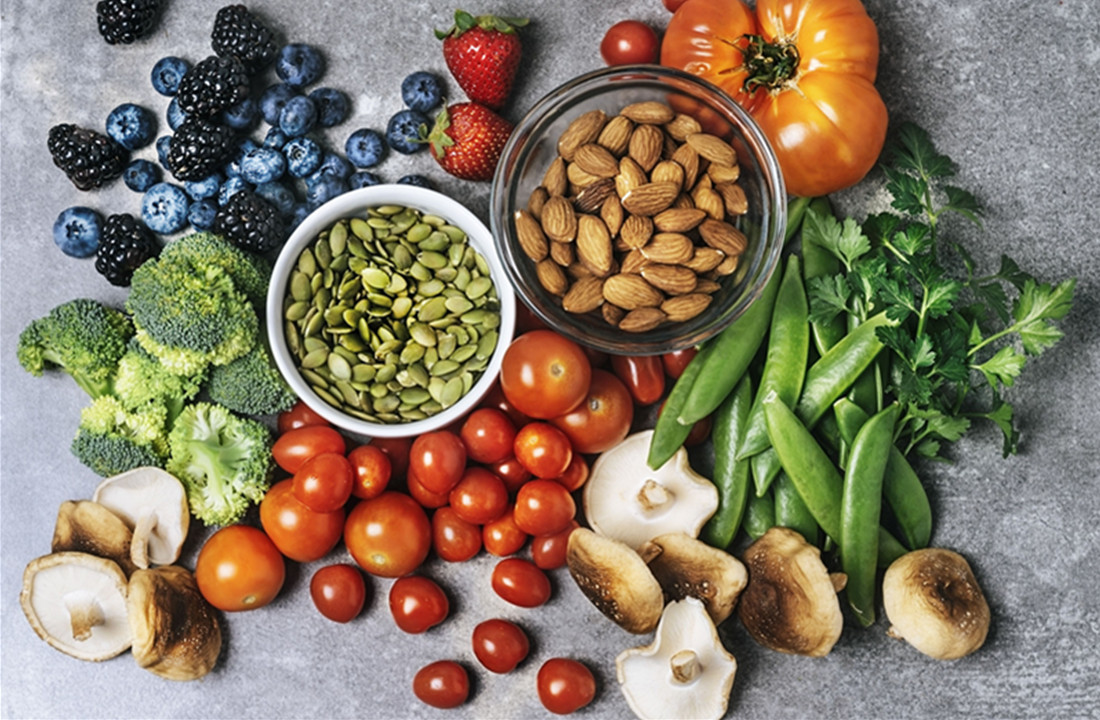LDL or Low Density Lipoproteins are referred to as the bad cholesterols that freely float up in the bloodstream and have the tendency to clog up arteries namely atherosclerosis. Changing your diet can significantly decrease the LDL levels in your bloodstream and in return improve flow of lipids in your body. Your diet must contain foods rich in soluble fiber, PUFAs or polyunsaturated fats, and plant stanols and sterols to reduce bad cholesterol levels. Soluble fibers work by binding to the precursors of bad cholesterol and to the cholesterol itself, pulling them out firsthand to prevent their circulation throughout the body. PUFAs lower the levels of bad cholesterol directly through gene suppression, while plant stanols and sterols work by blocking the bad cholesterol absorption.
Legumes
Legumes include peas, lentils, and beans that are often rich in soluble fiber, minerals, and protein. They also take longer time to digest, so you’ll feel fuller for longer after a meal, which is why they’re good for weight loss.

Whole Grains (Oats and Barley)
Whole grains particularly contain high amounts of soluble fiber specifically beta glucan which primarily reduce and prevent the occurrence cardiovascular heart diseases or CVD by 20%.
Avocados
Avocados are high in monounsaturated fats and fiber, two nutrients that aid in the reduction of bad cholesterol and the increase of good cholesterol or high density lipoprotein (HDL).
Nuts
Nuts contain rich amounts of nutrients such as monounsaturated fatty acids, omega-3 fatty acids, amino acids, and phytosterols. These amino acids specifically L-arginine helps in the regulation of blood pressure by making nitric oxide, while phytosterols block cholesterol absorption. The minerals like calcium, magnesium, and potassium also reduces blood pressure to maintain low heart disease risk.
Fatty Fish
Mackerel and salmon belong to the criteria of fatty fish which has great amounts of omega-3 fatty acid. They improve the amounts of good cholesterol and decreases the risk for stroke and inflammation.

